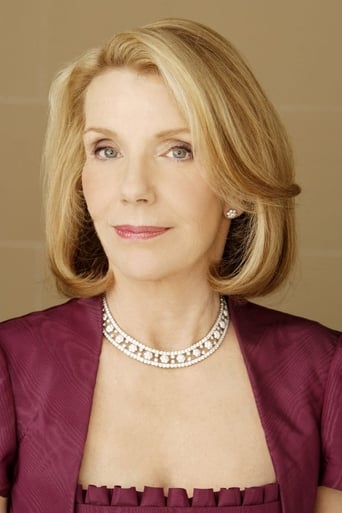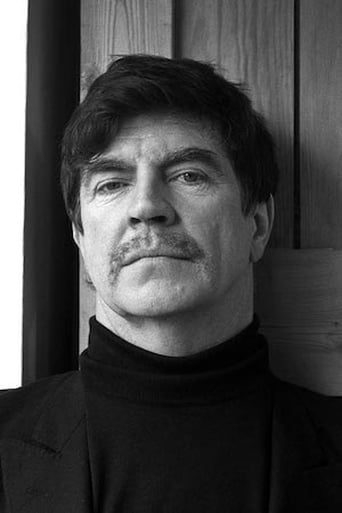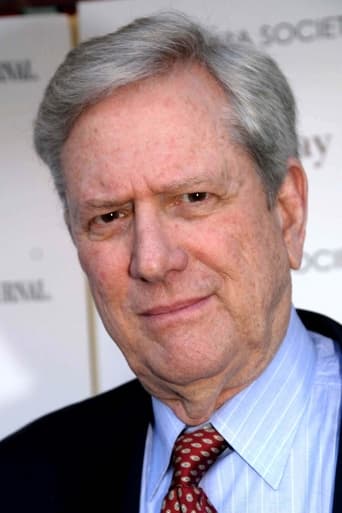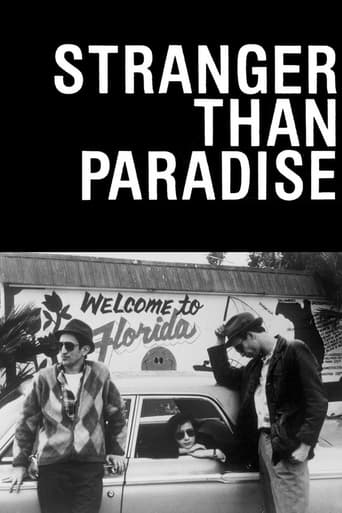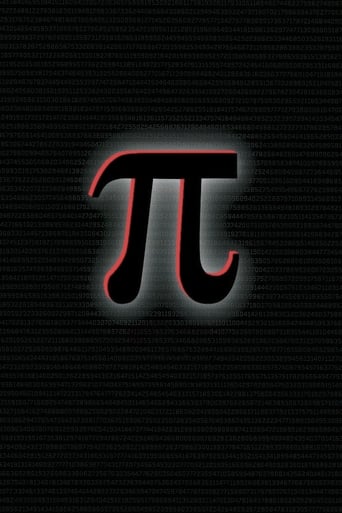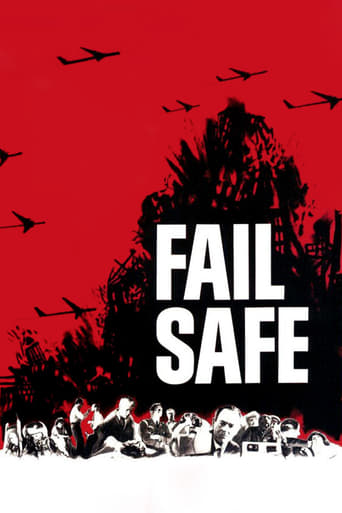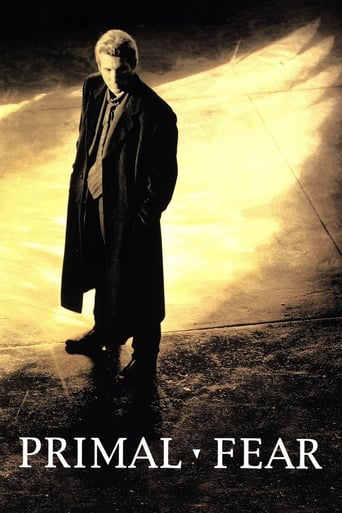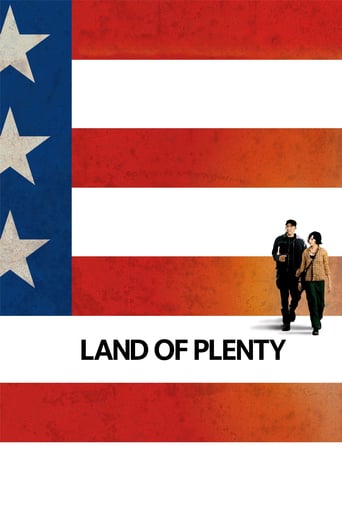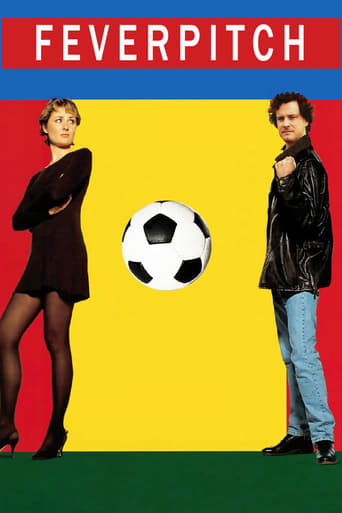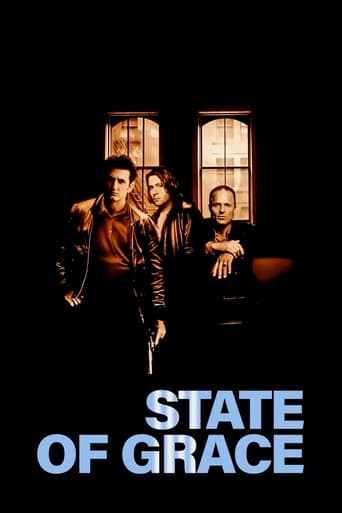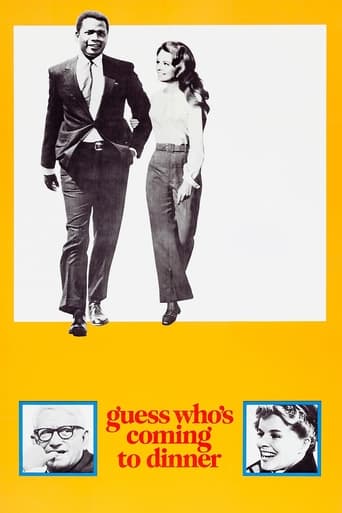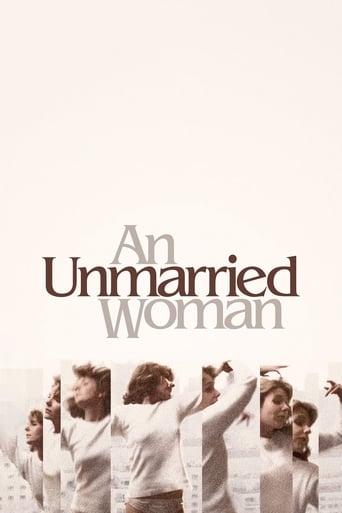
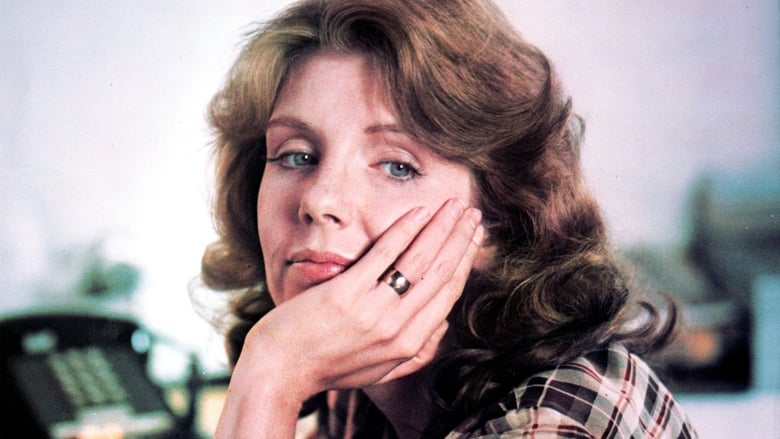
An Unmarried Woman (1978)
A wealthy woman from Manhattan's Upper East Side struggles to deal with her new identity and her sexuality after her husband of 16 years leaves her for a younger woman.
Watch Trailer
Cast


Similar titles
Reviews
Plenty to Like, Plenty to Dislike
Excellent, Without a doubt!!
I wanted to like it more than I actually did... But much of the humor totally escaped me and I walked out only mildly impressed.
A story that's too fascinating to pass by...
An Unmarried Woman is a story from a particular time and place, and its virtue is that it captures that time and place very well. Jill Clayburgh plays Erica, an upper-middle class woman on New York's upper east side who is happily married, has a precocious daughter, an engaging job in an art gallery, and a seemingly happy and tranquil life. Suddenly one day her husband Martin, played by Michael Murphy, is walking down the street with her and breaks down in tears, announcing to her that he has fallen in love with another woman. For the audience, this scene is not a big surprise, since, after all, one probably knows the premise of the movie before one goes in. For Erica, however, it is a shock, and for all of the women who have had this scene played out for them in real life, it is an iconic moment of filmmaking, as we watch Erica stagger away and vomit into a garbage can.Like most moments in An Unmarried Woman, this one is not overdone, and it brings up the central virtue of the picture--it is real. Erica goes through a number of experiences on a general arc toward independence for herself--a date with a guy who is too forward, a one-night stand with an appealing co-worker, some therapy sessions to help her right the ship, and finally a new relationship. The movie takes place amidst the huge spike in divorce after the passage of no-fault divorce laws in the early 70s, and is really a time capsule toward the era where anxiety over divorce hit an all-time high. Paul Mazursky's screenplay is meticulously written, and Clayburgh is spot-on as the unmarried woman, trying from scene to scene to find her identity amidst personal and social chaos.There are some people who might say that it seems a bit gratuitous to feel sorry for Erica, given her charmed life even after the divorce; she seems, for example, to have no money problems, she keeps her awesome apartment, has great support from her friends. However, one should make no mistake that what happened to her was a crushing blow, and her struggle to find herself is very real. Clayburgh makes her character sympathetic by finding both the genuine profound sadness in the situation and the corresponding strength inside the character that she plays. The movie is rightly called a feminist movie because of Erica's transformation within a particular social current, but it is also simply a movie about a decent, likable person who took a blow and showed courage in recovering from it. In the end, the movie is both good drama and an important document of the times. Want to know about divorce anxiety in the 70s? This is your movie. Want to be touched by a woman finding her whole self? This is also your movie.
Somehow I missed "An Unmarried Woman" when I was a senior in college, but I remember hearing about it. Finally, about five years ago, I was flipping through the channels, and I happened upon this gem. I realize some people might consider this film "dated," but other than period pieces, all movies are eventually "dated" in one aspect or another.I thought Jill Clayburgh was gorgeous and showed herself to be quite a feisty "Erica Benton." Michael Murphy as her husband Martin was extremely annoying and self-centered, but that was his role and the whole reason wife Erica was sent into the world of unmarried women.I enjoyed the music, the setting, and the general feeling of having lived through that time (1977-1978). Sadly, several key actors from the film are gone (Alan Bates, Cliff Gorman, Penelope Russianoff), but this movie will live on as it captured the post-Vietnam era quite well. It sounds odd now to say the movie was a breakthrough for women, but for its time, it was pretty controversial.It's nice to see Jill Clayburgh active on Broadway and the silver screen once again. I'm looking forward to her role on the upcoming TV series "Dirty Sexy Money." I can't wait to see her in scenes with "Six Feet Under" star Peter Krause!
who claims we are in a "man's world"- you should see this film- and realize how dated that comment is. This film was made in the late 1970's, and our society would hopefully be more advanced than it was then. At that time, divorce was taboo. People stayed together for "the sake of the children". Like Ang Lee's "The Ice Storm", people saw American suburbia unraveling, despite how many vacations they took, or how many cars they bought and extensions they built on their McMansions.Jill Clayburgh is good; and the therapist, Tanya Brickell, actually received a reprimand from the NYC Psychoanalytic Society for acting the role of a therapist. I remember when this film came out, people were "appalled"... . It seems the idea of divorce was considered revolutionary. Some of the dialog is a bit hard-boiled, like when Clayburgh tells Michael Murphy (Martin) that she was ..."his hooker, by way of Vassar"... then he comments that her therapy has done wonders for her self-esteem. Also, we see him at his job as stockbroker, where he seems quite bored, the mid-life crisis issue which up to this time, was scarcely addressed in film. Overall, this is a realistic film which shows divorce as not a placebo, but the sad choice two people have to make, in order to survive. 9/10
Briefly, this is one of the few American films I have seen that is remotely a realistic depiction of how basically intelligent, decent, middle-class adults behave in a long-term relationship (in this case a marriage of sixteen years) when they break up. I almost felt as though I were watching a reality show from that era. This is how people behave, without much heroism or great insight into themselves or others; often with a "cluelessness" that defines our humanity more tellingly than our pride would like to hear. (An aside to the previous commenter: I have seen this sort of thing, close-up and personal, and this is pretty much how people act: it reminded me very much of how a couple with whom I was very close broke up, and the aftermath, in the decade before this film was made. And the man had been having an affair for several years before it happened, not just one: the woman had not a clue.) My only complaint is that the story ends far too soon and far too happily. But it is an American film (sigh!), so one most not expect too much: we just "cannot bear very much reality"!


